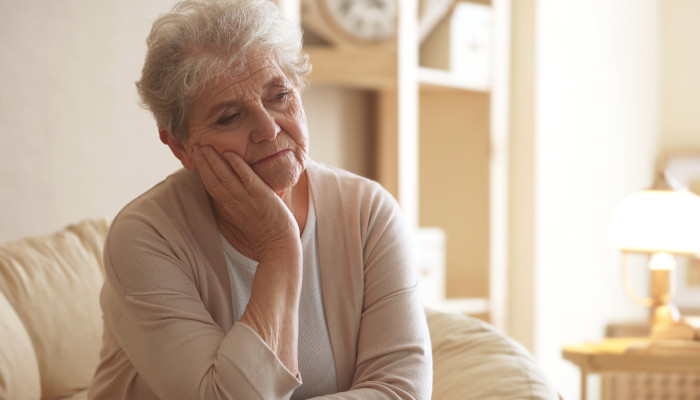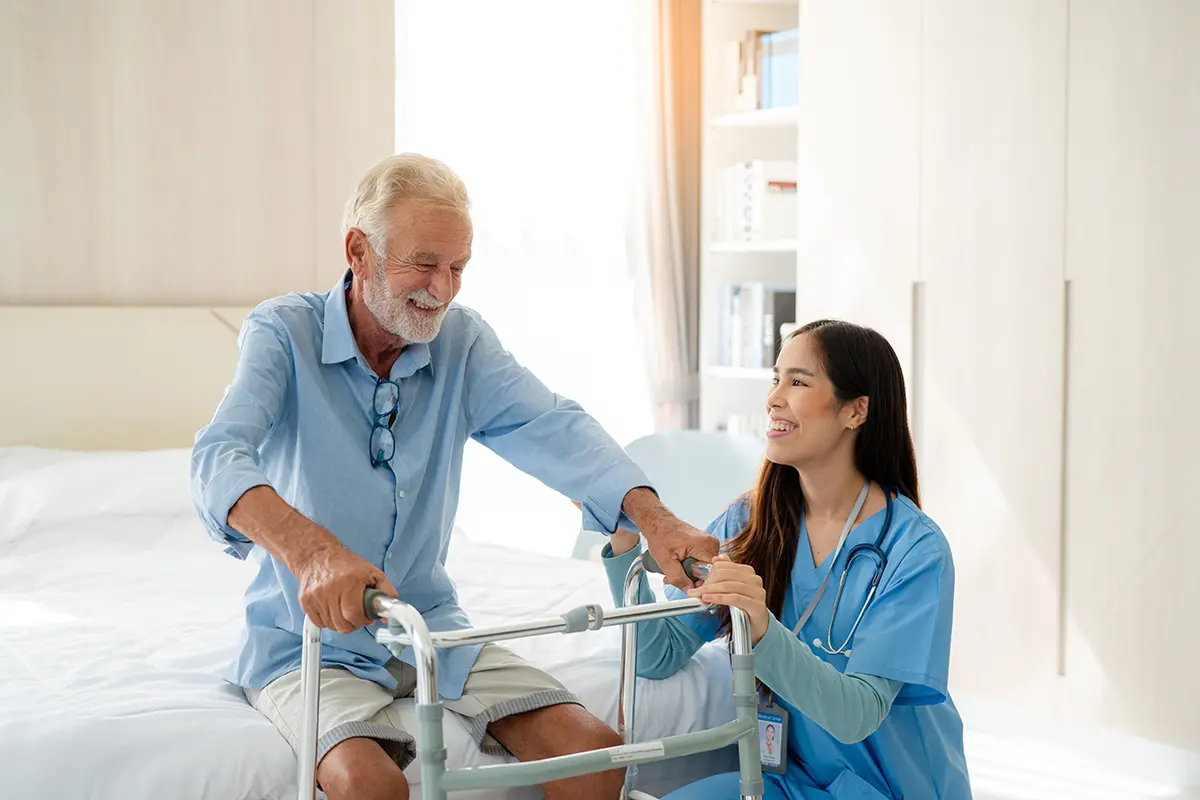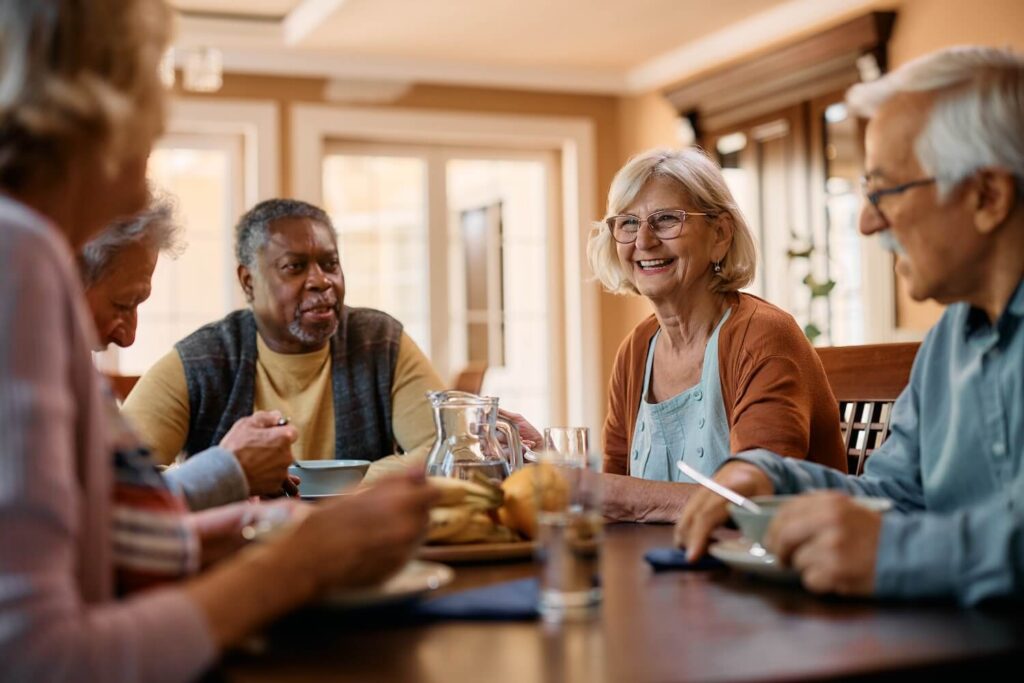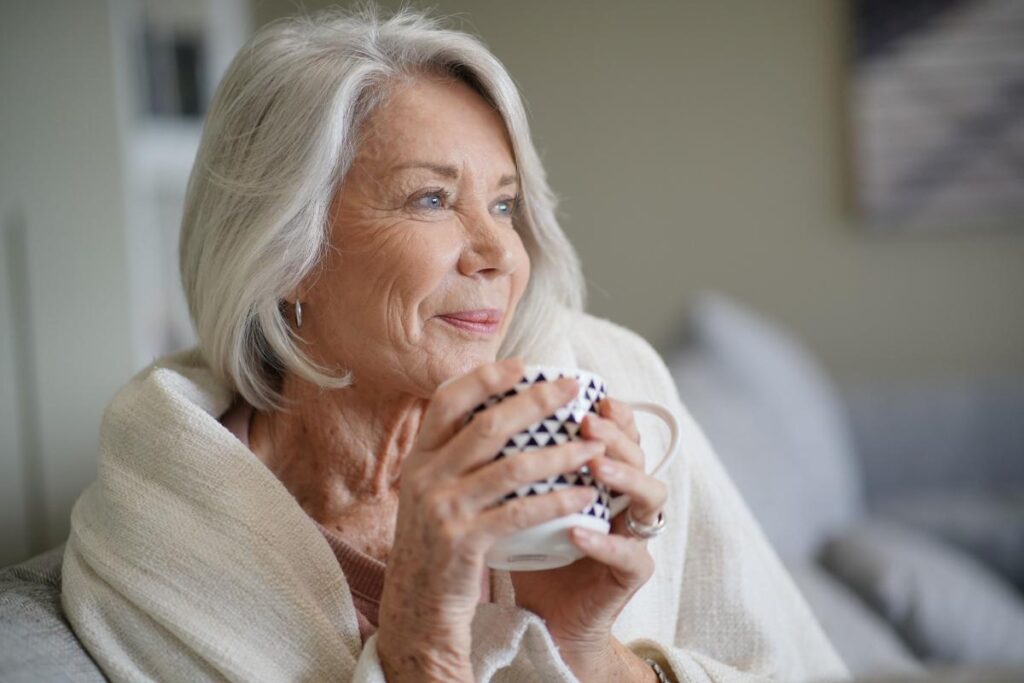As our loved ones age, ensuring their safety and well-being becomes a top priority. Senior centers play a crucial role in providing support and resources for the elderly. One of the key areas of focus is fall education, which is essential in preventing injuries and maintaining independence. In this article, we will explore the importance of senior centers and fall education for family caregivers.
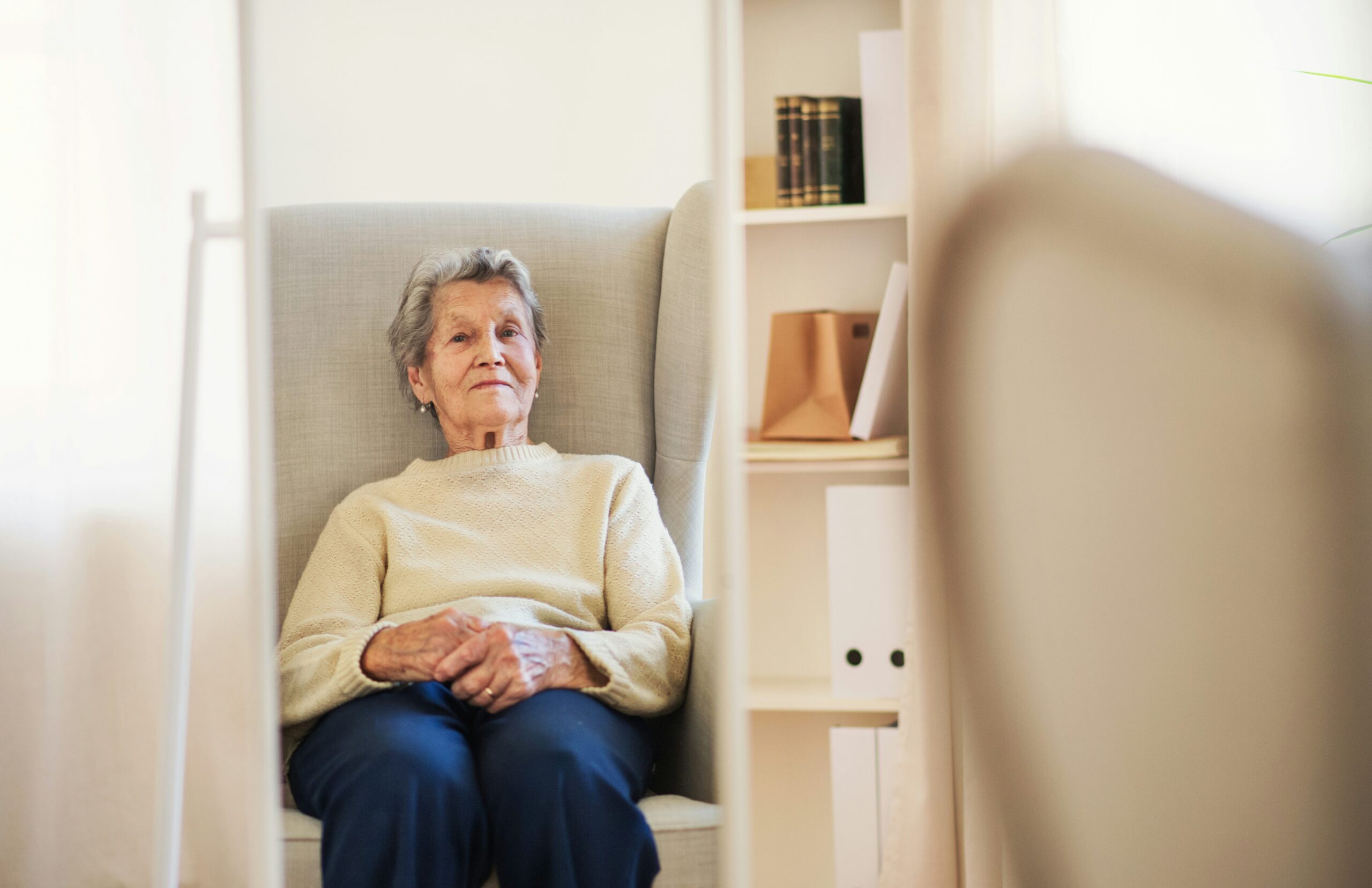
The Role of Senior Centers
Senior centers are community-based facilities that offer a wide range of services and programs for older adults. These centers provide a safe and welcoming environment where seniors can engage in social activities, access health and wellness resources, and receive educational support. Family caregivers can benefit from the services offered by senior centers as they provide valuable assistance in caring for their loved ones.
Social Activities and Engagement
One of the primary functions of senior centers is to promote social interaction and engagement among older adults. Through various activities such as art classes, game nights, and group outings, seniors can build friendships and maintain an active lifestyle. This social engagement is crucial in preventing feelings of isolation and loneliness, which are common among the elderly.
Health and Wellness Programs
Maintaining physical health is essential for preventing falls and other health issues. Senior centers often offer fitness classes, wellness workshops, and health screenings to support the well-being of older adults. These programs help seniors stay active, improve their balance, and reduce the risk of falls.
Educational Support and Resources
Education is a powerful tool in preventing falls and ensuring the safety of seniors. Senior centers provide educational resources and workshops focused on fall prevention strategies. Family caregivers can also benefit from these resources, gaining valuable knowledge on how to create a safe home environment for their loved ones.
Importance of Fall Education
Falls are a leading cause of injury among older adults, making fall education a critical component of elderly care. Understanding the risk factors and implementing preventive measures can significantly reduce the likelihood of falls. Family caregivers play a vital role in ensuring their loved ones receive the necessary education and support to prevent falls.
Identifying Risk Factors
Several factors contribute to the risk of falls among seniors, including vision problems, medication side effects, and environmental hazards. By identifying these risk factors, family caregivers can take proactive steps to address them and reduce the chances of falls.
Implementing Preventive Measures
Preventive measures such as installing grab bars, removing tripping hazards, and ensuring adequate lighting can make a significant difference in preventing falls. Additionally, encouraging regular exercise and balance training can help improve strength and coordination, further reducing the risk of falls.
Collaborating with Healthcare Professionals
Family caregivers can benefit from collaborating with healthcare professionals to develop personalized fall prevention plans for their loved ones. Regular check-ups and consultations with doctors and physical therapists can provide valuable insights and recommendations for fall prevention.
Resources for Family Caregivers
As a family caregiver, having access to the right resources and support is essential in providing effective care for your loved ones. Senior centers and fall education programs offer a wealth of information and assistance for caregivers.
Community Support and Networking
Engaging with other family caregivers through support groups and networking events can provide valuable insights and emotional support. Sharing experiences and learning from others can help caregivers navigate the challenges of elderly care more effectively.
Online Resources and Tools
There are numerous online resources available for family caregivers, including websites, forums, and mobile apps focused on fall prevention and elderly care. These platforms offer helpful tips, educational materials, and tools to assist caregivers in their roles.
For more information on fall prevention, you can visit the CDC’s website.
Professional Support Services
Utilizing professional support services such as home care agencies and geriatric care managers can provide additional assistance for family caregivers. These services offer expert guidance and support in managing the care of older adults.
Conclusion
Senior centers and fall education are invaluable resources for family caregivers. By utilizing the services and support offered by senior centers, caregivers can ensure the safety and well-being of their loved ones. Understanding the importance of fall education and implementing preventive measures can significantly reduce the risk of falls and improve the quality of life for seniors.
For more insights on elderly care and fall prevention, you can explore Smart Elderly Care Solutions and Fall Detection in Smart Homes.
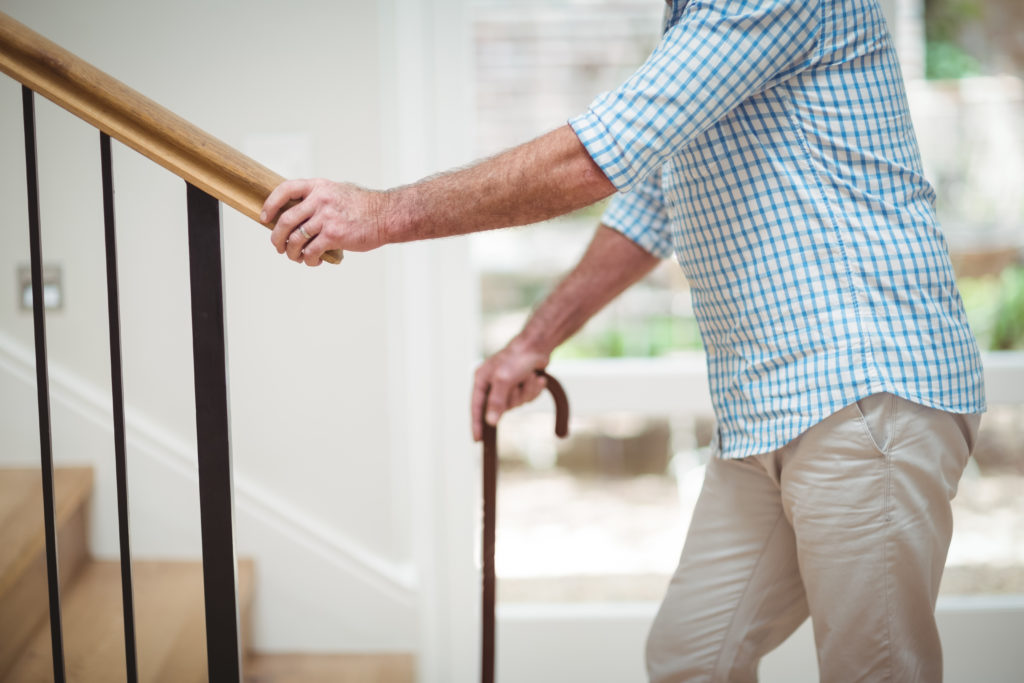
FAQs
What services do senior centers offer?
Senior centers offer a variety of services, including social activities, health and wellness programs, and educational resources for older adults.
Why is fall education important for seniors?
Fall education is crucial for seniors as it helps prevent falls, which are a leading cause of injury among older adults. Understanding risk factors and implementing preventive measures can significantly reduce the likelihood of falls.
How can family caregivers support fall prevention?
Family caregivers can support fall prevention by identifying risk factors, implementing preventive measures, and collaborating with healthcare professionals to develop personalized fall prevention plans for their loved ones.
This article contains affiliate links. We may earn a commission at no extra cost to you.

